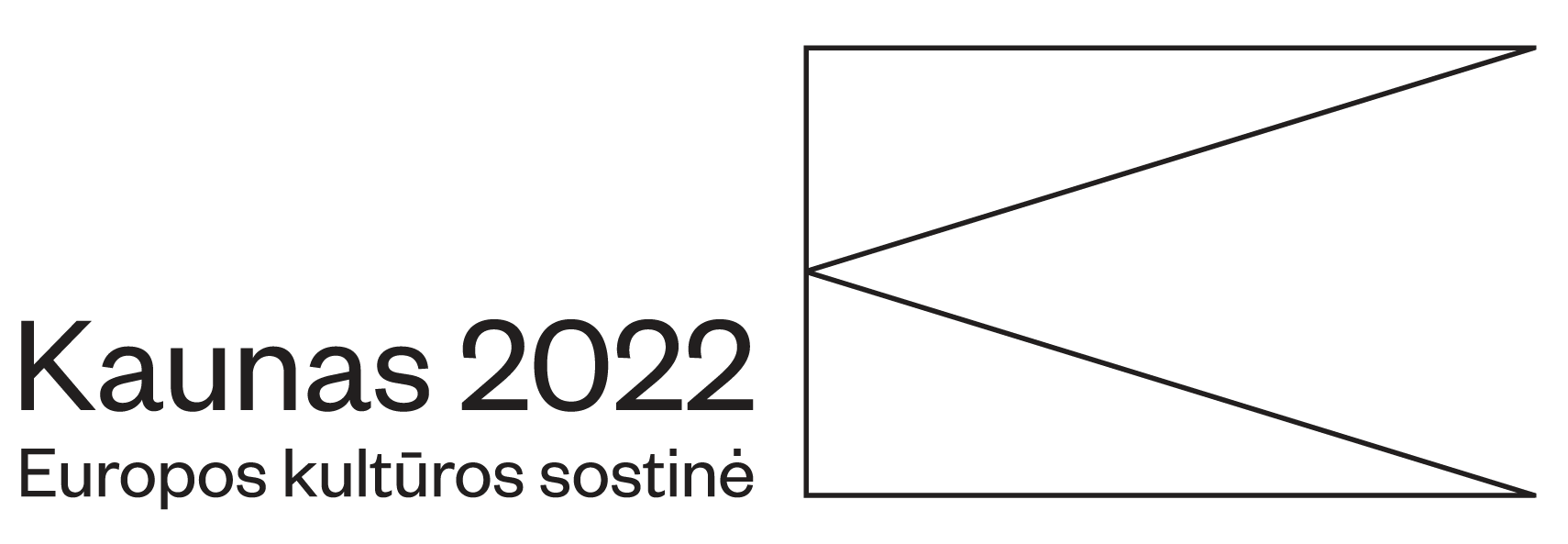
Lewis Biggs (Great Britain), a curator and former director of the Tate Liverpool, a cofounder and longstanding director of the Liverpool Biennial, and creative director of the project Kaunas – European Capital of Culture 2022, Biggs has an explicit and simple concept of culture each of us produces and fosters a culture (culture of communication, food, clothing, driving, and a variety of creative activities), and the objective of the major cultural projects should be to notice, bring to the light and value the culture that connects us.
Lewis, could you introduce yourself shortly?
I’m Lewis Biggs, the former director of Tate gallery in Liverpool and the cofounder of Liverpool Biennial. These positions meant that I was a member of the team to put together the bid for Liverpool to be a European Capital Country 2008 and a member of the team to program and realize the Liverpool’s year as a European Capital country.
What advantages the European Capital Country project gives to Liverpool and its citizens now, 8 years after the project?
I think, the difference is a sense of pride in the city. Liverpool had been through a very bad period economically, which is one of the social problems. The fact that Liverpool had a glorious past in the 19th and 20th century didn’t help because people were looking back all the time. Year’s events as European Capital Country in 2008 helped everybody in the city to understand that it had an enjoyable present. So as I say, pride was the main feeling. Liverpool’s citizens could welcome and host people from all over Europe and the United Kingdom to see what Liverpool has to offer. That creates the sense of an important future for which it’s worth working together.
At the time, Liverpool Biennial was dominated by public art, that is to say, the art that is more accessible for various communities, welcoming, and free of charge. Why do you choose not to stay inside museums and traditional venues but to open up to the public?
My experience as a director of Liverpool Tate thought me that museums can achieve a lot but they are contained within their own history and institutional framework. You can make this institutional framework accessible to many people but not to everybody. The Biennial to me was the way of moving the museum activity outside the museum. If you put art in the street or make art very visible, when it becomes the talking point, it can involve almost everybody. Culture is what binds everybody together and makes society. Without culture we’re just a lot of individuals going to the shops. Culture is what helps people feel that they’re part of the neighborhood, part of the city, part of the whole national culture. Art is a very important in a sense of culture, but it’s only one part among the others, such as sports, music etc., which are all important in the European capital culture project.
What kind of impression do you have about Kaunas during the period of preparation and competition finals as one of the Kaunas 2022 creative directors who is responsible for audience development programs? Do you think Kaunas could not only enrich itself culturally but to become more European because of this project?
I’ve been very impressed with the work done on the bid document but I don’t really know Kaunas, it’s only my third visit here. However, first impressions are also important and mine is that there’s a huge unrealized potential of Kaunas. First of all, I find it an astonishing green city. Although there are other green cities in Europe, this is something which is threatened. Everybody realizes more and more that to lead a balanced life in which work and creation are both balanced and to have green resources is very important. I think Kaunas has a wonderful advantage in being attractive to people from other cities. And then there is a cultural infrastructure, which was put down when Kaunas was the capital of Lithuania, in a sense of institutions, museums, theaters, cinemas, etc. I also find plenty of people with passion in Kaunas. So when I say potential, it’s partly because I feel that cultural institutions are not being used to that full capability at this moment. It’s also because of hidden histories and geographies. Kaunas is an old town and if the place is good to live in for 600 years, it’s going to be good to live in for a few more thousand years. The goal of European Capital Country project could be to make people aware of Kaunas’ history and geography. There are things which aren’t so good but, essentially, it’s a good place to live and it will continue to be a good place to live. That needs to be understood.
Video: Marius Paplauskas

